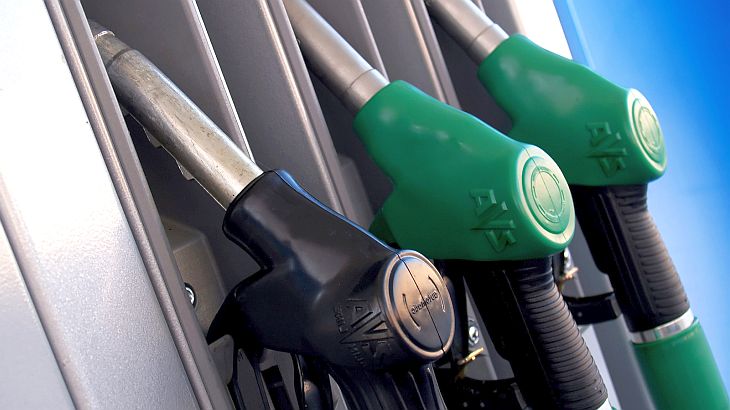Government decided to introduce additional fuel duty without an impact assessment , in order to make higher expenses in 2014, an election year, and which will have a boomerang effect on the state budget, carriers say.
“We’re closing to April, when the much-discussed excise duty on fuel will come and will have an impact in all corners, from air, sea to river transports. This duty is the single and simpler asset that the state can come with at this time to raise money, “said Ion Lixandru , vice president of the Association of Specialists in Transportation, Warehousing, Purchasing , Manufacturing (ARILOG) and manager of Camion Logistic, quoted by Mediafax.
The increase by 7 cents per liter excise duty from 1 April will have the effect of increasing fuel costs by 0.41 per liter, according to estimates of the Ministry of Finance.
Lixandru says that the tax is introduced by the Government as a condition for future loan agreements, and what people do not understand is that even the ambulance transport will be more expensive after the tax increase.
”We don`t have a problem, as we’ll move costs to logistics, logistics moves on freight and the merchandise will get its share of the cost. For carriers is not a problem,” said Lixandru, adding that some companies in the field will move diesel purchases over the border, when the price will not be competitive.
ARILOG representative believes that the increase in excise duty will have a boomerang effect on the budget.
“We are trying to expose this, so that the experts (of the government), who did not complete an assessment analysis, to understand what is going on. It is not the transporters that will pay,” added the ARILOG representative.
Radu Dinescu , general secretary of the Union of Road Hauliers of Romania (UNTRR ) said that Romania consumes annually five million tons of oil and two million tons of gasoline, and if 13% of the local diesel consumption will move outside Romania, the state will not gain anything from this duty.
“We have found this: the government is not interested in actual collection of money , but to spend more in 2014, an election year, and then to have justification to others , that it has income to put on paper,” Dinescu said.
Representatives of the two organizations have criticized both the lack of impact analyzes on highway projects and the “administrative barriers” that companies face.

